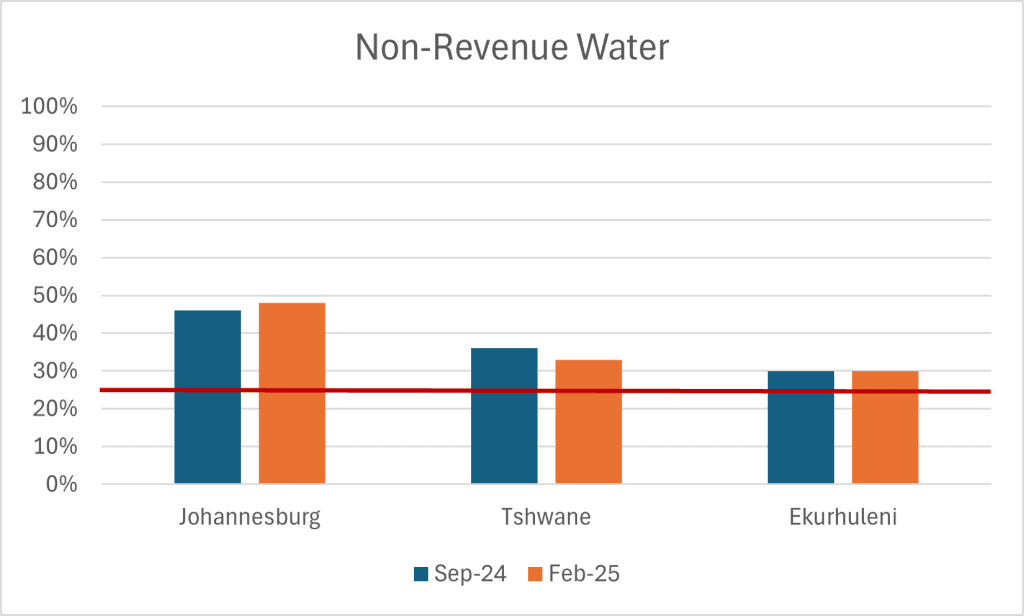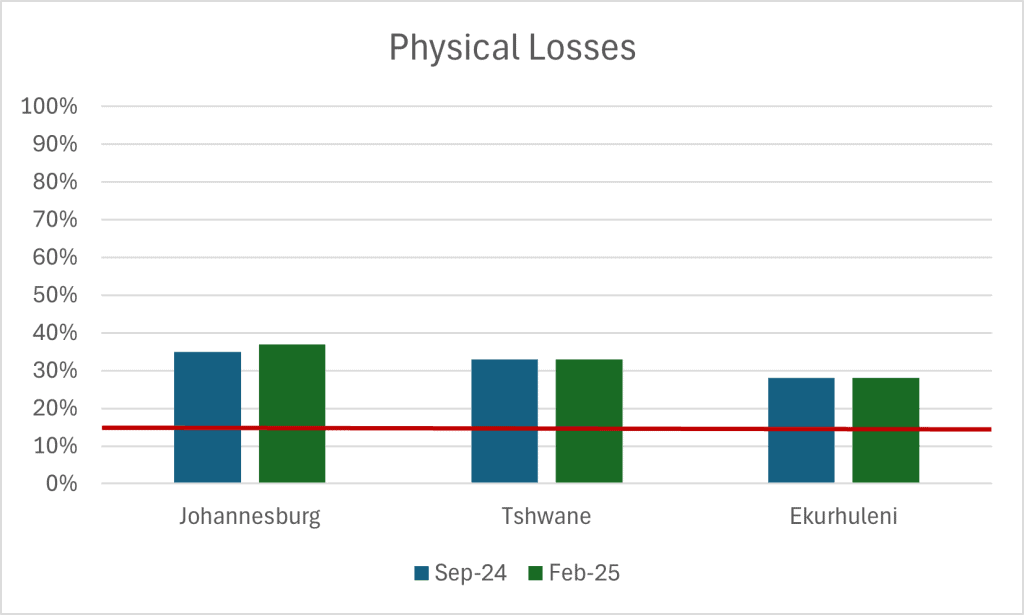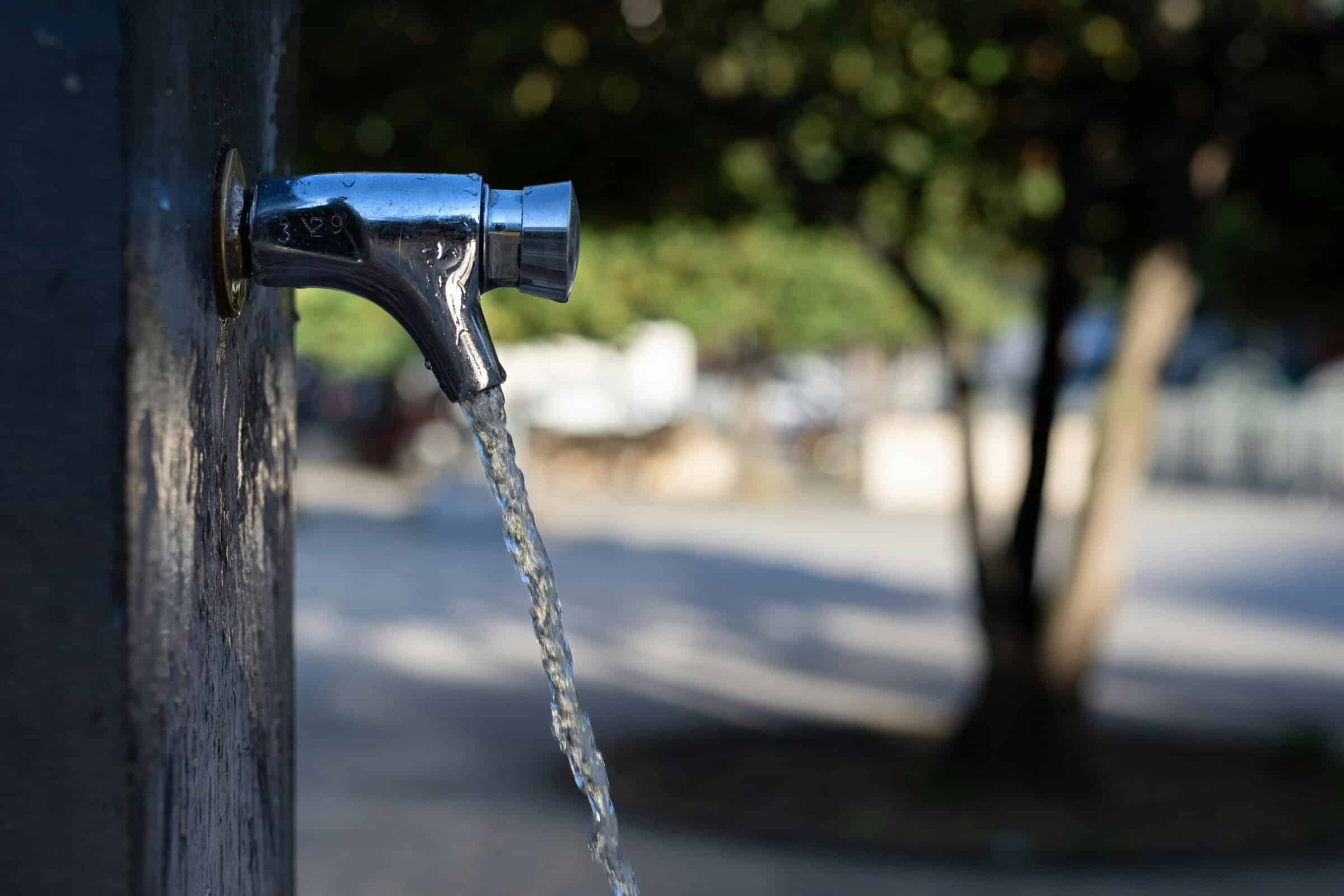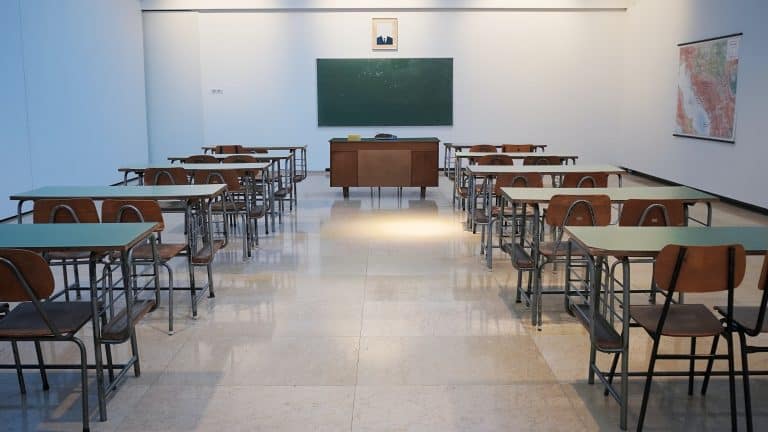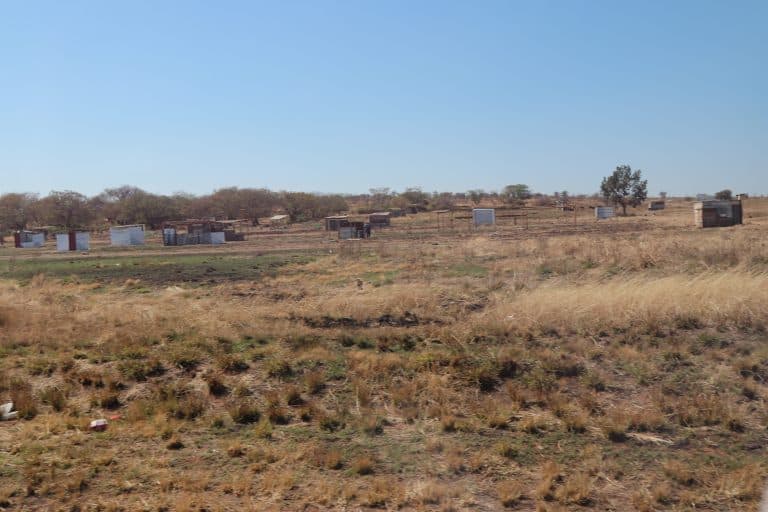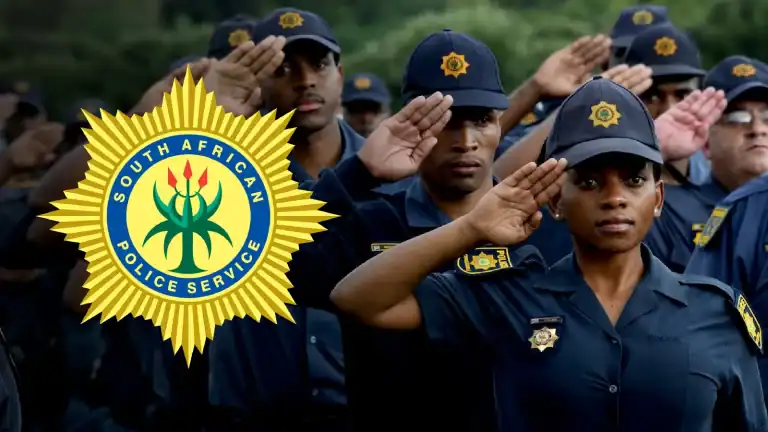AfriForum demands answers about water waste and consumption in Gauteng municipalities
AfriForum has submitted formal applications in terms of the Promotion of Access to Information Act (PAIA) to each of Gauteng’s three metropolitan municipalities (Ekurhuleni, Johannesburg and Tshwane) to obtain facts about these metros’ high water consumption. These applications follow in response to water restrictions that were introduced in all three metros in November last year. The restrictions are aimed at forcing residents to limit water consumption. However, AfriForum argues that high water consumption in the province cannot necessarily be blamed on residents and that excessively high consumption probably stems from waste due to poor municipal maintenance of the water networks.
The metros’ latest levels of water consumption exceeded the amount of water that can be supplied by Rand Water by approximately 14%.
The civil rights organisation hopes that information requested in the PAIA applications last week will shed light on the true extent of consumption and waste in the metros and therefore determine the possibilities for savings – and accountability.
Prolonged water outages have also been occurring in all three metros since the introduction of water restrictions, while Rand Water has consistently warned that the metros’ high water consumption is putting their systems under pressure. The metros blame this on Rand Water’s inadequate water supply and their residents’ high water consumption.
AfriForum believes that clear communication, based on facts, would now be in the best interest of Gauteng’s residents, but is currently lacking. Limited information on the metros’ water consumption is made public, such as on the Platform for a Water Secure Gauteng, a forum that was established in September 2024 by the Department of Water and Sanitation, Rand Water and Gauteng municipalities to promote greater transparency on Gauteng’s water consumption. The forum announced the following:
- Since July 2024, there has been little change in the metros’ water consumption and each continues to consume more water than Rand Water can supply them.
- At the same time, the volume of drinking water on which no revenue is earned, i.e. non-revenue water, in relation to the total volume introduced into the system, is consistently above the 25% target in all three metros. At the end of September 2024, Johannesburg, Tshwane and Ekurhuleni’s non-revenue water was 46%, 36% and 30% respectively. At the end of February 2025, it was 48%, 33% and 30%.
- The same applies to physical water losses due to leakage and theft, which should be less than 15% of the total volume of water entering the system. At the end of September 2024, Johannesburg, Tshwane and Ekurhuleni’s physical water losses were 35%, 33% and 28% respectively. At the end of February 2025, it was 37%, 33% and 28%.
- Finally, apart from the metros reporting the total number of water leaks, there is no clarity on the number of leaks that are repaired or how quickly they are done.
According to Marais de Vaal, AfriForum’s Advisor for Environmental Affairs, this paints the picture that water restrictions have not yet had any effect on the metros’ water consumption, because water losses are the primary cause of the crisis and not residents’ water consumption. Therefore, it would be unfair to punish Gauteng residents with water restrictions if the root causes of the metros’ high water consumption are not resolved. However, it seems easier for the metros to blame residents for their high water consumption and thereby divert attention from the real problems, namely to effectively and urgently resolve systemic deficiencies such as water leaks, overdue maintenance, illegal connections and a long-standing lack of investment in infrastructure.
“Residents’ right to access water is being undermined by municipalities that are not managing their water supply systems properly. While we wholeheartedly agree that all residents have a responsibility to use water sparingly, water restrictions are an unsustainable solution if the larger systemic flaws remain unresolved. If not, Gauteng residents could soon face even greater water shortages,” concludes De Vaal.
The metros have until 14 April to provide information to AfriForum. If the information received by AfriForum confirms that the root causes of Gauteng’s water crisis are not being effectively addressed, the organisation will consider legal action against the metros concerned to force them to prioritise the repair of water leaks and removal of illegal connections.
